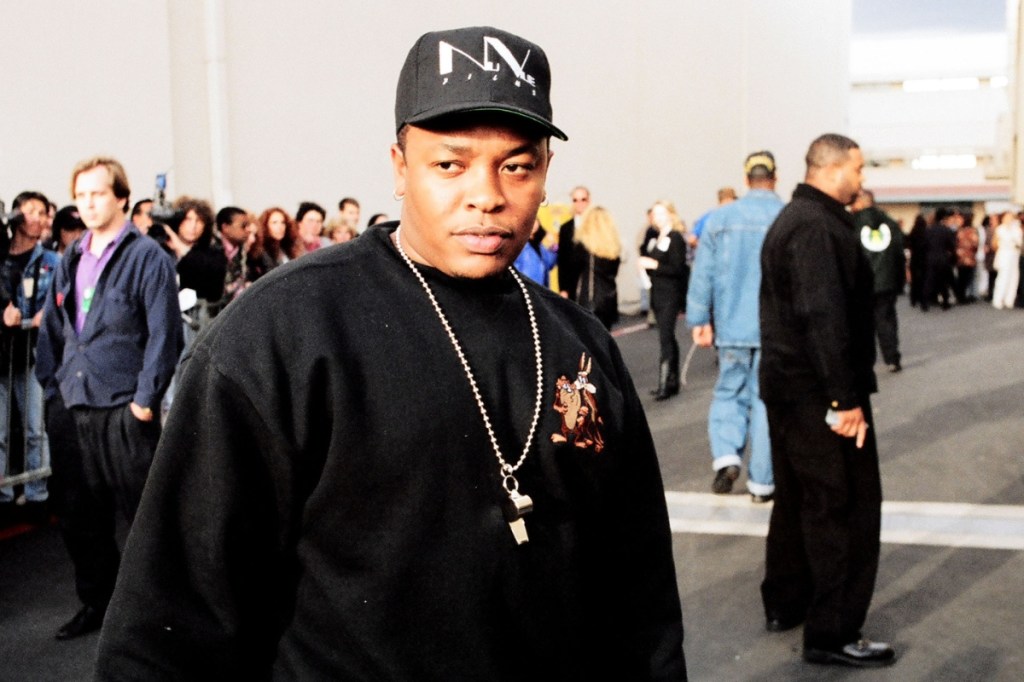Muhammad Ali was hip-hop before hip-hop existed. He is a father of hip-hop. He’s one of the men who the young hip-hop generation watched as we shaped our idea of what it meant to be a man. (There are many fathers of hip-hop—I would include Malcolm X, Richard Pryor, James Brown, and Bruce Lee on this list, but their stories are for another day.) By hip-hop, I do not here mean simply rappers or even the specific hip-hop community. I mean something more like, “Ali was a core influence on the essence of hip-hop culture as broadly understood.” Hip-hop culture meaning people like Jay-Z and Rakim, as well as people like Richard Sherman and Jamie Foxx and Serena Williams and SNL’s Leslie Jones and on and on. Hip-hop culture is bold and brash and sometimes at war with the nation that’s enthralled with it. That’s because hip-hop is the son of Muhammad Ali. How? Let me count some ways.
Ali Was the Epitome of Masculinity
At a time when it really meant something to be the heavyweight champion, Ali won the title—three times, in the division’s most competitive era, slaying Sonny Liston, Joe Frazier, George Foreman, and others, making those great fighters nothing more than his foils. Plus, critically, Ali beat them with style. He seemed to dance in the ring. He definitely floated like a butterfly. He was smooth, cool, balletic, powerful, and pretty. His constant proclamations of his beauty were not mere vanity, not just a way to brag about how infrequently he got hit. It was his way of saying black is beautiful. But even when discussing his own beauty, Ali was robustly masculine. His entire vision of masculinity—bold, brash, fully aware of its own genius, certain of its beauty—became the hip-hop generation’s ideal. He was, as Ossie Davis said of Malcolm X in his eulogy, “our living black manhood.” Ali taught us what it was to be a man.
Videos by VICE
Ali Was a Media Manipulator
Hip-hop culture loves to create a scene, stand out, demand attention. It’s about the multi-gold chain, the stunna shades, the look-at-me ride. Ali was boxing’s greatest showman, product, and pitchman. He told us in rhyme how great he was and then backed it up. And he knew how to get attention for his fights. He knew how to talk to reporters, so they would hang on his every word, how to be funny, witty, poetic, unpredictable, and winningly braggadocious. He taught us to boast and do it in an entertaining way. The overwhelming audacity of the hip-hop ego comes from Ali.
He was also a trickster. You could see the mischief in his eyes. You could see it in the way he manipulated the press. That famous photo of him boxing underwater was total theater. He told a reporter it was part of his training—a complete lie. But it’s one of the most iconic photographs of all time. His lesson was that style could become its own substance.
Ali Fought the Law and Won
Ali’s most important fight was against the government when they tried to draft him into the army to fight in the Vietnam War. Ali saw a white power structure that was oppressing black and brown citizens and was also asking him to go kill people of color in another country. He understood that his country was not living up to its promise to its black and brown citizens and that made it impossible to reconcile the demand that he kill on its behalf. This was no dodge to get out of fighting. This was a profound statement—a citizen standing up to his country and demanding it do better, even though that decision led to him being kept out of boxing during his absolute prime. Hip-hop loves a man who righteously stands up to the government and tells the power structure you don’t have respect for black people. Ali was Black Lives Matter before BLM.
Ali Was a Warrior
Hip-hop has always been about battling. From old-school MCs battling one another face-to-face to today’s back-and-forth dis tracks, hip-hop loves to get into and watch a good fight. Ali was known for kicking ass. He went to battle with the baddest men of his generation, and most of the time he came up a winner. The outcome, though, is almost besides the point: We may never forget Ali getting knocked out by Joe Frazier in their first fight, but we could never imagine Ali running from a fight with anyone. He was too bad and too courageous for that. Even when he was older and slower, he still fought Larry Holmes. Hip-hop definitely took after him on that score.
He Shocked the World, and Forced It to Embrace Him
For many people in the 60s, Ali was a villain, a loudmouth, an athlete who violated the unwritten rules by talking about politics, and radical politics at that. Many watched his fights hoping he’d lose. But over time, because of his character, his principles, his success, and his personality, Ali grew to be globally loved. Those who remember the man who became a Muslim when the Nation of Islam was feared know that the biggest stunt Ali ever pulled off was making the whole world love him.
Hip-hop, like Ali, has gone from countercultural and dangerous to universally beloved. The culture can only hope to honor its father Ali by continuing to speak truth to power.
Follow Toure on Twitter.
More
From VICE
-

All photographs by Adam Rouhana -

Screenshot: Survios -

Screenshot: YouTube/Roblox -

Jeff Kravitz/FilmMagic/Getty Images